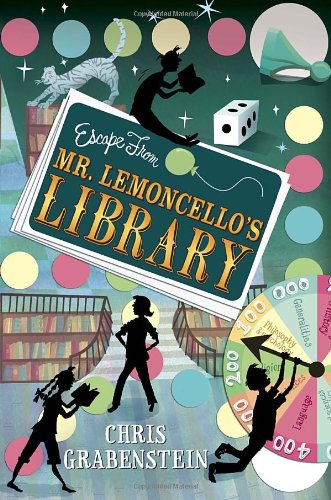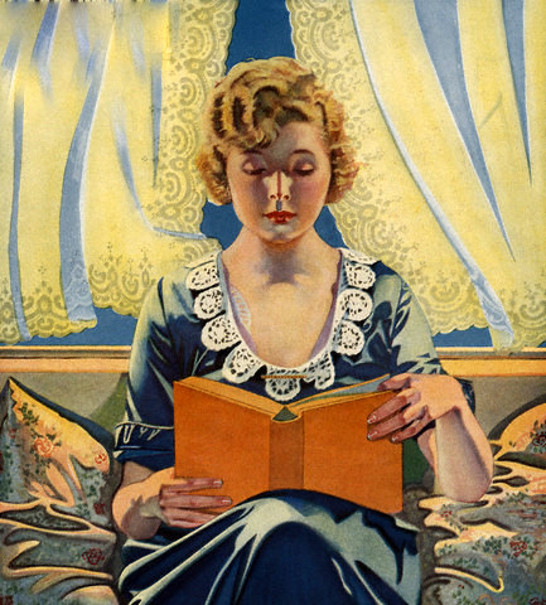The DeVere family is down on their luck. Hosmer DeVere is a stage actor without a part; his two teen-age daughters. Alice and Ruth, worry about household expenses and fret about their father's health. Things seem hopeful when their father lands a part in a new play, but then he loses his voice. What's an actor to do when he can no longer speak his lines? Alice, the livelier of the two girls, determines to do something to help.
"There's no use in two strong healthy girls sitting around, and letting poor old daddy, with a voice like a crow's, doing all the work and worrying...Girls ought to be brought up able to do something so they could earn their living if they had to, instead of sitting around doing embroidery or tinkling on the piano...I'm going to look through the advertisements in the paper tomorrow, and start out after the most promising places."
Before Alice is forced to take a 'common' job, her neighbor, Russ Dalwood, who works at the Comet Film Company offers a solution. He suggests that DeVere become a silent film actor. It seems like the perfect answer to their problems, except for one minor thing: Hosmer DeVere thinks that moving pictures are vulgar and low and he wants no part of them. Alice and Ruth try to convince him otherwise, as does Russ.
"...with all due respect to him, your father is wrong. There's nothing vulgar or low about the movies--except the price...The moving picture shows were once, perhaps, places where nice persons didn't go. But it's different now. All that has changed...The moving pictures are getting better and better all the time."
Needing money, Hosmer eventually gives in and agrees. Alice and Ruth join him at the studio to watch, fascinated by the film-making process. Soon they are acting, too--that's how they become the Moving Picture Girls.
Laura Lee Hope's novel, published in 1914, gives an interesting (and informative) look at those first silent films--how they were rehearsed like plays, filmed in a few days, processed, and quickly distributed to theaters to be viewed by the public. I also liked her characters; Alice is playful and enthusiastic, while her older sister, Ruth, is conventional and quiet. The narrative is dialogue-driven, which gives you a taste for what life was like in 1914. While this book may not add up to much, I thought it was a fun 1914 read. Laura Lee Hope wrote several other novels about the moving picture girls; I just might check them out.
Happy Reading!










